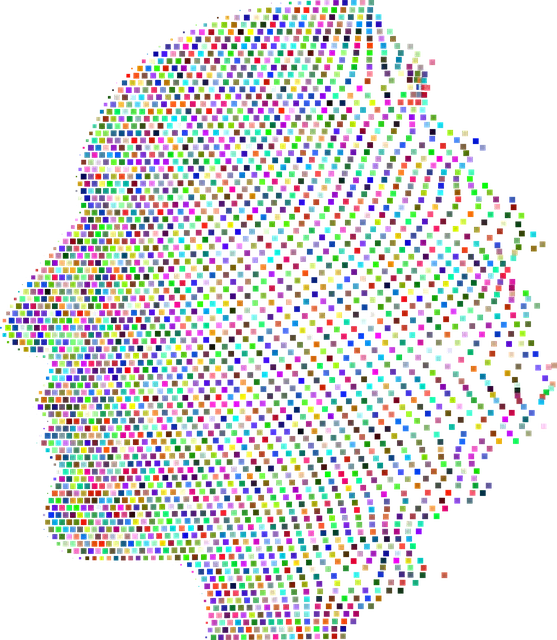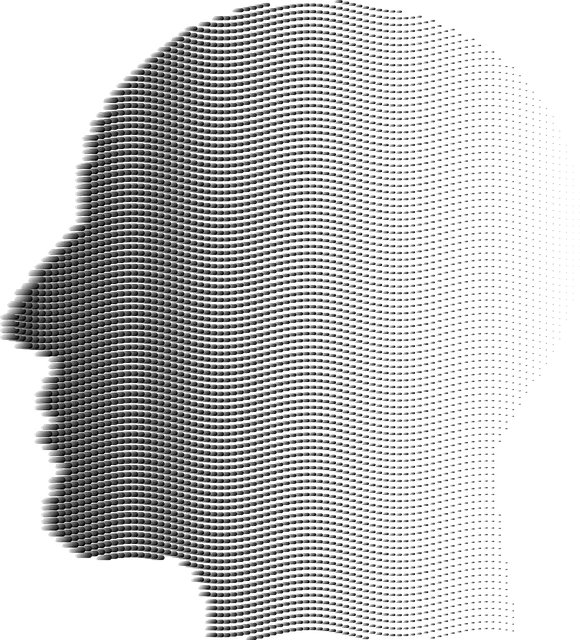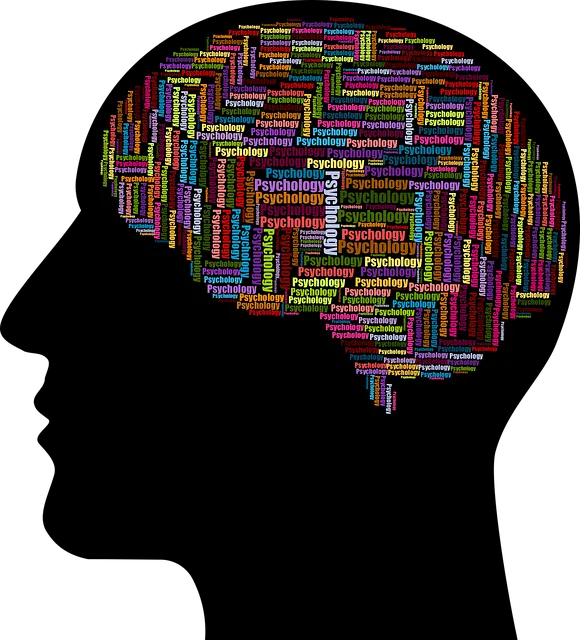The Denver Kaiser Permanente mental health facility has developed a Recovery-Focused Management (RFM) framework, emphasizing resilience as a key component of holistic wellness. This culturally sensitive approach incorporates diverse strategies like stress reduction methods, mindfulness training, and cognitive behavioral therapy to empower individuals with coping mechanisms tailored to their needs. Through RFM, patients cultivate inner strength, navigate challenges with resilience, and promote long-term mental health stability. Inspired by these programs, implementing RFM practices at home, such as mindfulness exercises and physical activities, can enhance mental well-being. The facility measures the success of its programs through comprehensive evaluations, refining initiatives based on client feedback and data analysis.
“Uncover the power of Resilience, Flexibility, and Mastery (RFM) as a transformative framework for enhancing mental well-being. This comprehensive guide explores how the Denver Kaiser Permanente mental health facility has pioneered an innovative approach to building resilience through structured exercises. From understanding RFM’s core principles to discovering diverse activity types, this article equips readers with practical tips for implementing these strategies at home. Learn about tracking progress and evaluating success in fostering resilience, inspired by the leading practices of a premier healthcare provider.”
- Understanding RFM: A Framework for Resilience in Mental Health
- The Denver Kaiser Permanente Approach to Building Resilience
- Types of Resilience-Building Exercises: Engaging Activities for Mental Well-being
- Implementing RFM at Home: Practical Tips and Strategies
- Measuring Success and Tracking Progress: Evaluating the Impact of RFM
Understanding RFM: A Framework for Resilience in Mental Health

At Denver Kaiser Permanente mental health facility, we recognize that building resilience is a cornerstone of holistic wellness. Resilience, the ability to adapt and bounce back from adversity, is a crucial aspect of mental health maintenance. This is where RFM (Recovery-Focused Management) comes into play as a comprehensive framework. RFM emphasizes inner strength development by empowering individuals to view challenges as opportunities for growth. By fostering a sense of self-efficacy, individuals gain the tools needed to navigate life’s twists and turns with enhanced resilience.
The cultural sensitivity inherent in our mental healthcare practice is another vital component of RFM. We understand that resilience looks different for everyone, shaped by personal experiences and cultural backgrounds. Our approach incorporates diverse strategies tailored to individual needs, including evidence-based Stress Reduction Methods. These methods teach individuals how to manage stress, regulate emotions, and cultivate mindfulness – all essential components in building mental fortitude. Through RFM, Denver Kaiser Permanente is dedicated to empowering our community members to lead fulfilling lives by cultivating inner strength and resilience.
The Denver Kaiser Permanente Approach to Building Resilience

The Denver Kaiser Permanente mental health facility has pioneered an innovative approach to building resilience among its patients. This comprehensive strategy is rooted in the belief that fostering emotional regulation and enhancing coping mechanisms can profoundly impact one’s overall well-being. By integrating various exercises tailored to individual needs, they strive to empower individuals to navigate life’s challenges with greater resilience.
Their method involves a multi-faceted Mental Health Policy Analysis and Advocacy approach, focusing on techniques like mindfulness training, cognitive behavioral therapy, and stress management workshops. These interventions aim to strengthen patients’ emotional regulation skills, boost their confidence in managing difficult situations, and ultimately promote long-term mental health stability. Through this holistic program, Denver Kaiser Permanente is revolutionizing the way we think about resilience building within the realm of mental health care.
Types of Resilience-Building Exercises: Engaging Activities for Mental Well-being

Resilience-building exercises are designed to equip individuals with coping strategies and mental strength, fostering a sense of well-being. These activities cater to various aspects of mental health, particularly relevant for those seeking support at a Denver Kaiser Permanente mental health facility. Engaging in such exercises can be transformative, offering effective ways to combat stress, anxiety, and even burnout prevention.
One popular approach involves mindfulness practices, which encourage individuals to focus on the present moment, thereby reducing worry about the past or future. Yoga and meditation are excellent examples, promoting relaxation and mood management through mindful breathing techniques and gentle movements. Other creative outlets like art therapy, music, or writing can also be powerful tools for self-expression and emotional release, fostering a sense of calm and resilience. Additionally, physical activities such as outdoor walks, jogging, or team sports contribute to releasing endorphins, enhancing overall mood while instilling a sense of accomplishment, which is crucial for building mental fortitude.
Implementing RFM at Home: Practical Tips and Strategies

Implementing RFM (Resilience, Flexibility, and Mindfulness) at home can be a transformative practice for anyone seeking to enhance their mental well-being, especially those inspired by the comprehensive programs offered at Denver Kaiser Permanente’s mental health facility. It’s not just about adopting new habits; it’s about weaving them into your daily routine. Start with small, manageable steps, such as dedicating 10 minutes each morning to mindfulness exercises or incorporating physical activities that you enjoy. The key is consistency.
Consider integrating self-care practices like journaling, meditation, and deep breathing into your schedule. The Community Outreach Program Implementation at Denver Kaiser Permanente emphasizes the importance of connection and support networks. Extending this concept to your home environment, reach out to friends and family for social connections, or join virtual communities that share similar interests and goals. Building resilience isn’t just about individual efforts; it’s also about fostering a sense of belonging and mutual support, which can significantly contribute to self-esteem improvement and overall mental health.
Measuring Success and Tracking Progress: Evaluating the Impact of RFM

At Denver Kaiser Permanente mental health facility, measuring success and tracking progress in resilience-building exercises is paramount to understanding the impact and effectiveness of RFM (Resilience, Flexibility, and Mindfulness) programs. This evaluation process involves a multifaceted approach that includes both qualitative and quantitative assessments. By employing tools such as pre- and post-program surveys, interviews with participants, and regular check-ins, the facility gains valuable insights into changes in resilience levels, stress management skills, and overall mental health.
The data collected is analyzed to identify trends, areas of improvement, and specific aspects of RFM that resonate most with clients. This information not only aids in refining existing programs but also guides future initiatives, ensuring they remain relevant and impactful. Moreover, tracking progress enables the mental health professionals at Denver Kaiser Permanente to showcase the success of their stigma reduction efforts and mindfulness meditation workshops, supporting evidence-based practices in risk management planning for mental health professionals.
The Rocky Mountain region’s renowned Denver Kaiser Permanente mental health facility has pioneered an innovative approach to resilience-building through their RFM framework. This comprehensive strategy, detailed in our article, equips individuals with powerful tools to navigate life’s challenges. By combining understanding, practical implementation, and measurable tracking, RFM offers a holistic method for enhancing mental well-being. Through various engaging exercises, one can cultivate resilience, just as the Denver Kaiser Permanente model demonstrates. Adopting these strategies at home, as we’ve outlined in our final section, allows individuals to take control of their mental health journey and build a stronger, more resilient self.





